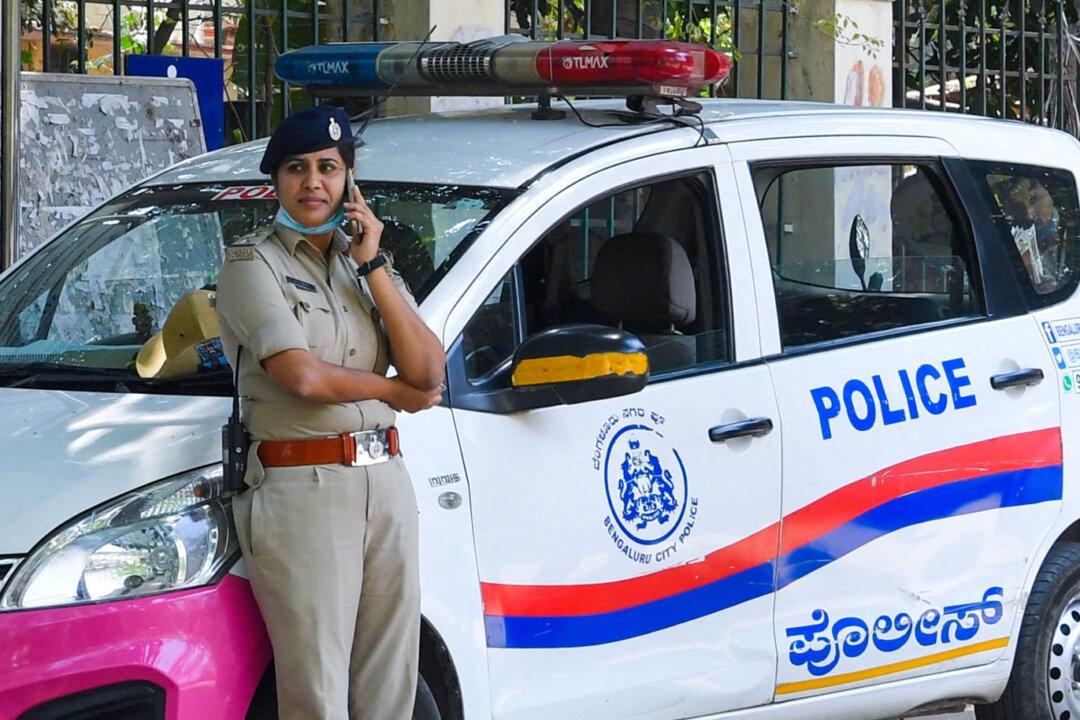Police in India have arrested the founder of independent news portal NewsClick after raiding the homes of dozens of journalists and staff on Oct. 3 amid allegations that the company received funding from communist China.
About 500 police officers had been deployed to more than 100 locations linked to the news site, according to local reports. Police interrogated 46 “suspects” and seized their devices for the investigation, according to Dehli authorities.





